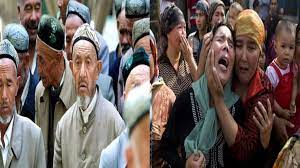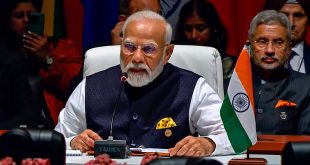Xinjiang. The condition of Uyghur Muslims in China is getting worse. In China’s Xinjiang province, Uygar Muslims are being labeled as ‘violent extremists’ even for keeping Quran (Quran ) or keeping religious photos or videos in mobile. Chinese authorities have started monitoring the phones of the Uighurs. Xinjiang region police have released 50,000 multimedia files describing Uighur Muslims and Turkic Muslims as ‘violent and terrorists’.
police master list leaked
Master list leaked from police website During nine months from 2017 to 2018, police conducted nearly 11 million searches totaling 1.2 million mobile phones in Urumqi, the capital city of Xinjiang. HRW’s acting director in China pointed out that Beijing’s use of surveillance technology means that police can start questioning people who simply keep the Quran on their phones. The New York-based international non-governmental organization (NGO) has repeatedly raised concerns about China’s approach to countering what it calls “terrorism” and “extremism”.
no liberty to sue
The HRW report states that ‘China’s anti-terror law defines “terrorism” and “extremism” in an overly broad and vague way, which deprives people of prosecution and liberty. Human Rights Watch found more than 1,000 unique files on the phones of approximately 1,400 Urumqi residents that matched the police master list. These files are being described as Islamic religious material. This list is a huge part of the intercepted data by the police in 2019. It is being told that since then many Uygar Muslims are being arrested and tortured.
What is found in the police file?
Many violent photos, audios and videos have been found in the police file. Materials like beheading, torture are available in these files. It appears to have been carried out by the Islamic State or a drug cartel, including a video of the 1989 massacre. The files contained material that included foreign organizations including the East Turkestan Independence Movement and the World Uyghur Congress. These files also include Islamic religious material, recitations of the Quran and wedding songs.
 Indian Thought Latest News & Views
Indian Thought Latest News & Views



